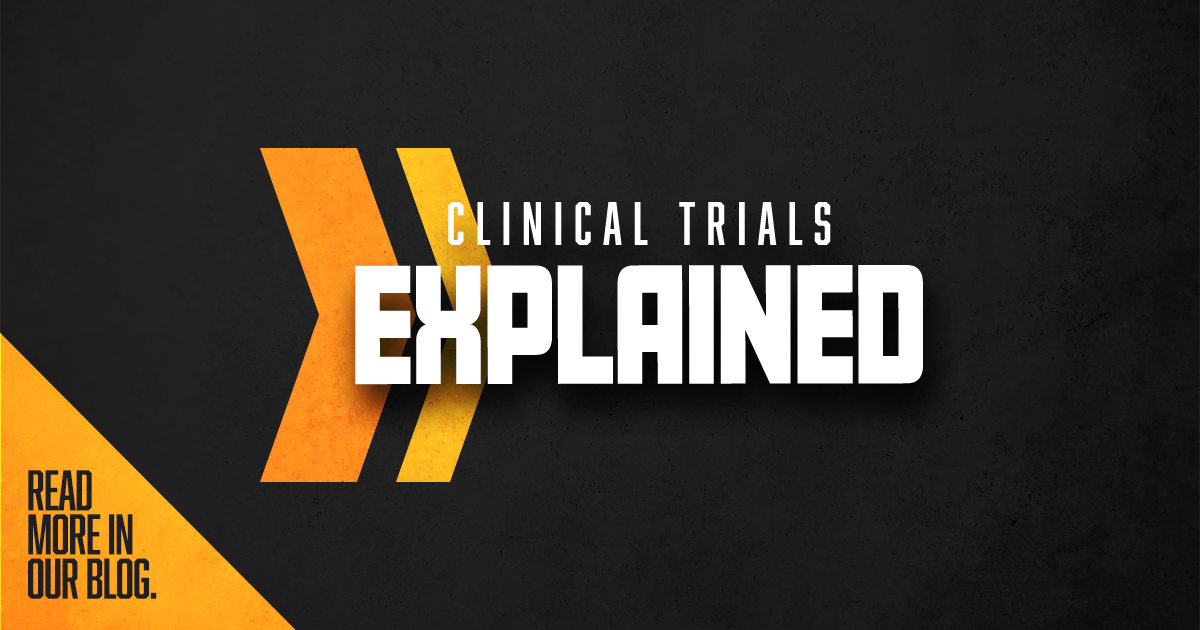The Florida Institute for Clinical Research’s (FICR) mission is to improve the quality of life for children and adults around the world by bettering the healthcare industry. FICR accomplishes this mission every day by conducting clinical research studies to help develop new medical treatments, diagnostic tools and preventative methods for all kinds of medical conditions that affect our community. Keep reading to find out how clinical trials help to advance medicine and how you can get involved to help accelerate important clinical trials processes to make new treatments and therapies available for all.
Clinical Trials Explained
Clinical trials help researchers test the effects of new medications, medical devices and diagnostics tests (i.e. Investigational Products or IP) to determine if they are safe and effective and to help advance medical science to provide better treatments. Before human trials are conducted, new investigational products go through comprehensive lab and animal assessments, also knows as pre-clinical testing. Investigational products can only move on to be studied in human clinical trials if they are deemed safe enough in pre-clinical testing.
Examples of Investigations Products Include:
- Pharmaceutical Drugs
- Medical Devices
- Procedures (e.g., surgical techniques)
- Strategies to change health-related behavior (e.g., diet, cognitive therapy, exercise, development of new habits)
- Prevention approaches
- Diagnostic method

Trials are FDA regulated and conducted in four phases. Each phase has a particular purpose in revealing whether an investigational product is as good or better than currently available options as well as to continually assess the safety and side-effects of the product. Participation is in a clinical trials is always 100% voluntary, and those that choose to contribute can stop at any time.
Summary of the four phases of Clinical Research:
- Phase 1: (20-100 volunteers) – Allows researcher to learn how the IP is processed in the human body, and how well it is tolerated at certain dosages.
- Phase 2: (several hundred volunteers) – Determines whether the intended effects of the intervention are achieved, and it’s safe.
- Phase 3: (300-3,000 volunteers) – Evalutates effectiveness of the IP in greater detail in a much larger sampling of the intended population, and further monitoring of side effects is accomplished.
- Phase 4: (Conducted after IP approval and publicly available) – Typically further assesses safety, effectiveness and use in multiple populations over a more extended period of time.
Why are More Treatments Needed?
Because there are numerous medical conditions that lack disease-specific therapy options, new and more advanced treatments are in great demand. When there is no FDA approved treatment for a condition, the only option is to manage the symptoms and hope for advances in medical research to find a treatment or a cure. In other cases, there may be an approved treatment, but a person is unable benefit from it due to co-existing health conditions, side effects, etc. Clinical trials also provide added options when standard therapies have failed.

A Volunteer’s Role in Clinical Trials
A new medical product can change the way a medical condition is treated or even cured;however, advances in medical science would not be possible without wonderful volunteers who participate in clinical trials. There are also numerous benefits that volunteers may experience while in a clinical trial. These benefits may include gaining knowledge about a medical condition, learning new treatment methods, potentially having access to new treatments before others, diagnostic tests and exams provided at no cost by doctors and medical professionals, and even compensation for time and effort while participating in the trial.
Participating in a clinical research study isn’t right for everyone, and each trial is different. Learning more about a clinical trial that might be of benefit is a good start to determining if a clinical trial might be a good option for you. To learn more about being a clinical trial volunteer, or to view our currently enrolling studies, call (407) 658-0966, or click here.
References:
https://grants.nih.gov/policy/clinical-trials/definition.htm
https://www.fda.gov/patients/drug-development-process/step-3-clinical-research



